“There’s never been a text written that didn’t need editing.” —David Kudler
You’ve finished your manuscript. Wonderful. It needs to be edited. Below are four kinds of edits and what each most commonly accomplishes.
Ask prospective editors what they include in their edits. Some will combine editing types. Others will perform edits beyond their type when they see problems. Editors love books and want to help authors produce the best novel.
Developmental Edit
(Other terms: substantive edit, comprehensive edit, macro edit)
Developmental editors work with the author. They address high-level structural issues. They may address:
- Plot, plot holes, subplots, and scope of story
- Characterization, character arc, character believability, point of view problems
- Voice, tone, style, and tension
- Pacing, amount of backstory, and sagging middles
- Lack of conflict, too much telling, information dumps, areas of confusion, inconsistencies,
- Scene goals and whether a particular scene is necessary
- Setting
- Research
Line Edit
Line editors are concerned with readability, clarity, fluidity, writing style, and language use. They review the manuscript line by line and paragraph by paragraph. While preserving the author’s voice, they point out problems or make changes (through a “track changes” feature). They may:
- Reorder, delete, add, or rewrite sentences, paragraphs, scenes, and chapters
- Improve paragraph and sentence flow, smooth out awkward or wordy sentences, and change run-on sentences
- Improve word choices, catch clichés and generalizations, enhance weak transitions, adjust pacing, and eliminate repetition
- Tighten sentences, paragraphs, and dialogue
- Point out inconsistent character behavior, confusing actions, passive voice, over-used words, too flowery writing, overuse of adverbs, and shifts in tone
- Ensure language fits the author’s audience and dialogue is believable and consistent
Copy Edit
Copy editors perform technical work on manuscripts that are close to their final form. They make sure the details are correct. They’re concerned that the writing conforms to a style, such as the Chicago Manual of Style. They may do the following:
- Correct errors in spelling, syntax, punctuation, and grammar
- Ensure consistency in style throughout manuscript, e.g. in numerals, spelling (OK or okay), and capitalization
- Point out nonfactual assertions, inconsistencies in character traits, and implausible statements
- Look for possible problems with the use of brand names
- Ensure proper manuscript format
Proofreading
Proofreaders make the last technical check of the novel. This is where the galley proof or electronic copy come in. Proofreaders may do the following:
- Search for typos
- Look for mistakes in spelling, punctuation, spacing, pagination, capitalization, use of numerals, and verb tense
- Ensure earlier changes were made correctly
The order in which edits should be performed:
Developmental Edit ⇒ Line Edit ⇒ Copy Edit ⇒ Proofreading
Often, authors themselves, critique partners, and beta readers can perform Copy and Proofreading tasks. Critique partners and beta readers may also help with some Line editing.
So, authors with limited funds may need to put their money first into Developmental editing and then into Line editing.
Novelists need editing. Here are lists of tasks each type of edit performs. Click to tweet.
What are other tasks your editors perform?




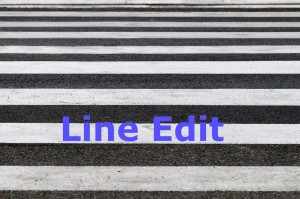
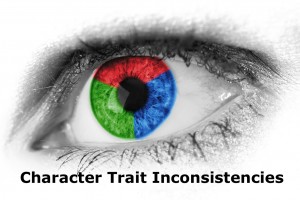
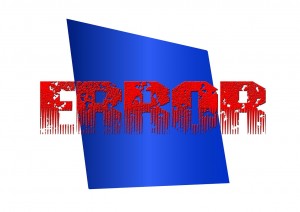
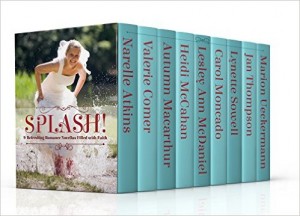


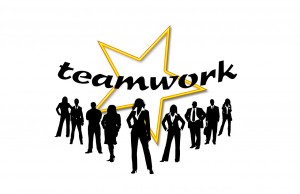

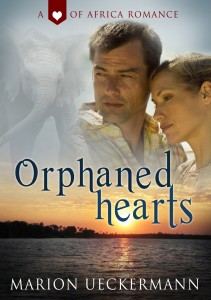





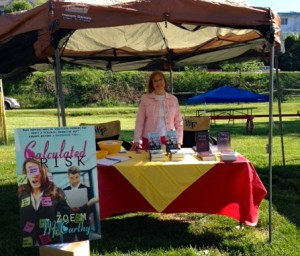
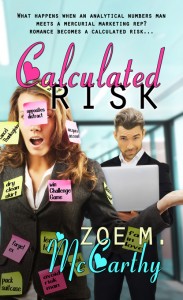
 RSS - Posts
RSS - Posts